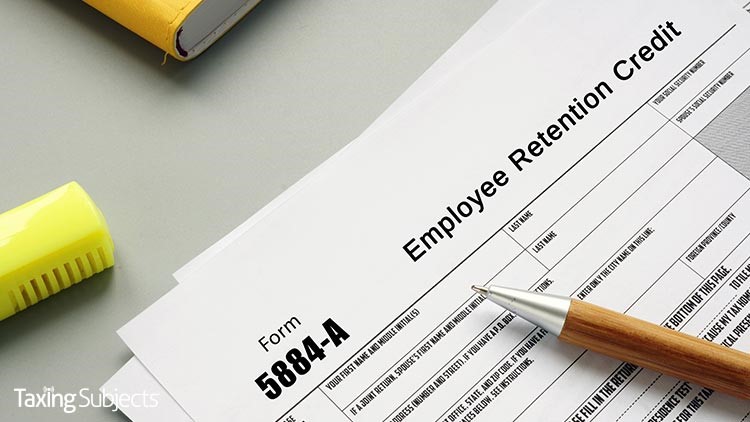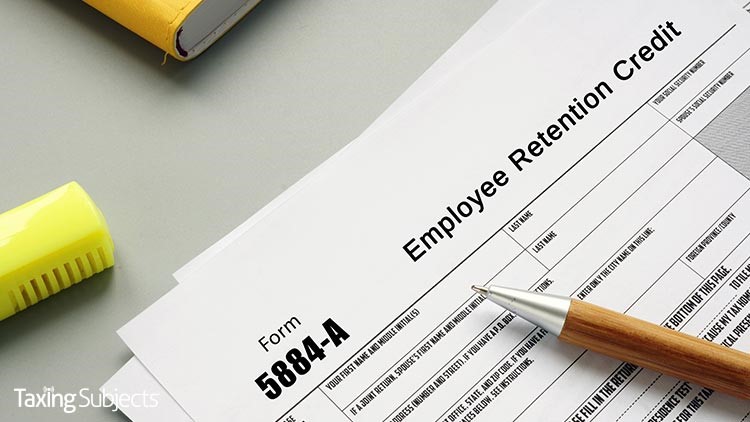
The Internal Revenue Service has issued guidance aimed at employers who claim the employee retention credit (ERC).
The ERC was created by the Coronavirus Aid, Relief, and Economic Security Act (CARES Act), but its terms were changed by subsequent legislation. The changes applying to the first and second quarter of this year are laid out in IRS Notice 2021-23.
The alterations include:
- the increase in the maximum credit amount
- the expansion of the category of employers that may be eligible to claim the credit
- modifications to the gross receipts test
- revisions to the definition of qualified wages
- new limits on the ability of eligible employers to request an advance payment of the credit
The IRS reminds that the ERC is a refundable credit that can be claimed by eligible employers against their share of Social Security tax. That share will equal 70% of the qualified wages the employer paid to employees from Dec. 31, 2020, through June 30, 2021.
Language in the CARES Act—and later modified by the Taxpayer Certainty and Disaster Tax Relief Act of 2020—sets the limit on qualified wages at “$10,000 per worker per calendar quarter in 2021.” That means the employee retention credit is capped at “$7,000 per employee per quarter,” or “$14,000 total for the first two quarters of 2021.”
Claiming the Employee Retention Credit
The IRS says that small employers can still request an advance on the ERC in 2021, though larger employers cannot. Here’s one way that process can work:
“Small employers may request advance payment of the credit on Form 7200, Advance of Employer Credits Due to COVID-19 after reducing deposits,” the IRS explains. “[Though] some limits and eligibility requirements apply.”
Notice 2021-23 has instructions for calculating and claiming the employee retention credit in Q1 and Q2 of this year. However, guidance for the rest of 2021 is still in the works, so stay tuned for new guidance from the IRS and the Department of the Treasury.
Sources: Claiming the employee retention credit in the first and second calendar quarters 2021; Notice 2021-23.

